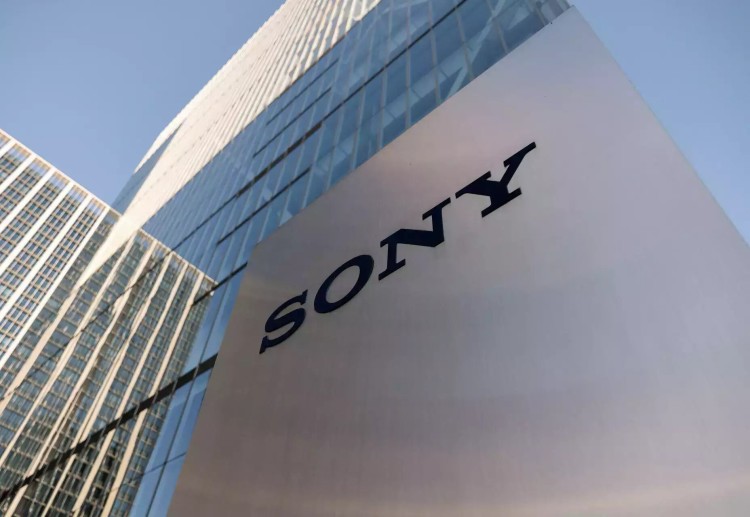In a tumultuous turn of events, Sony Corporation witnessed a substantial downturn in its market value last week, with approximately $10 billion wiped off its stock. This plunge followed the company’s decision to slash the sales forecast for its flagship PlayStation 5 console, raising concerns among analysts about the health of Sony’s critical gaming business.
Analysts, who had previously questioned the ambitiousness of Sony’s initial PS5 sales target, have now honed in on a more pressing issue—the declining profit margins within the company’s gaming division.
Sony’s revision of the PS5 sales projection for the fiscal year ending in March—from 25 million units to 21 million units—prompted a sharp decline in its stock. According to estimates based on FactSet data, the market value loss amounted to around $10 billion.
However, analysts are not solely focused on the reduced PS5 shipment forecast. A crucial metric drawing attention is the operating margin within the gaming business, reported just under 6% for the December quarter. This stands in stark contrast to the over 9% margin Sony boasted in the same quarter of the previous year.
Atul Goyal, an analyst from Jefferies, expressed disappointment, emphasizing that the issue extends beyond the diminished PS5 sales outlook to the notably low operating margin. Goyal highlighted the historical context, noting that gaming unit margins were consistently higher—around 12% to 13%—before the January-to-March quarter of 2022.
The current single-digit margin is deemed “extremely disappointing” by Goyal, despite favorable factors such as high-margin products like first-party digital downloads and the lucrative PS Plus subscription service, boasting a 50% margin.
Serkan Toto, CEO of Kantan Games, offered insights into potential factors contributing to shrinking margins. While hardware production costs for the aging PlayStation 5 may have decreased, rising software production costs, exemplified by high-budget games like “Spiderman 2,” have squeezed profit margins.
As Sony grapples with these challenges, there has been no immediate response from the company or its subsidiary, Insomniac Group, the studio behind several notable gaming titles. The market turbulence underscores the intricate dynamics Sony must navigate in sustaining the success of its gaming ventures amidst evolving market conditions.



